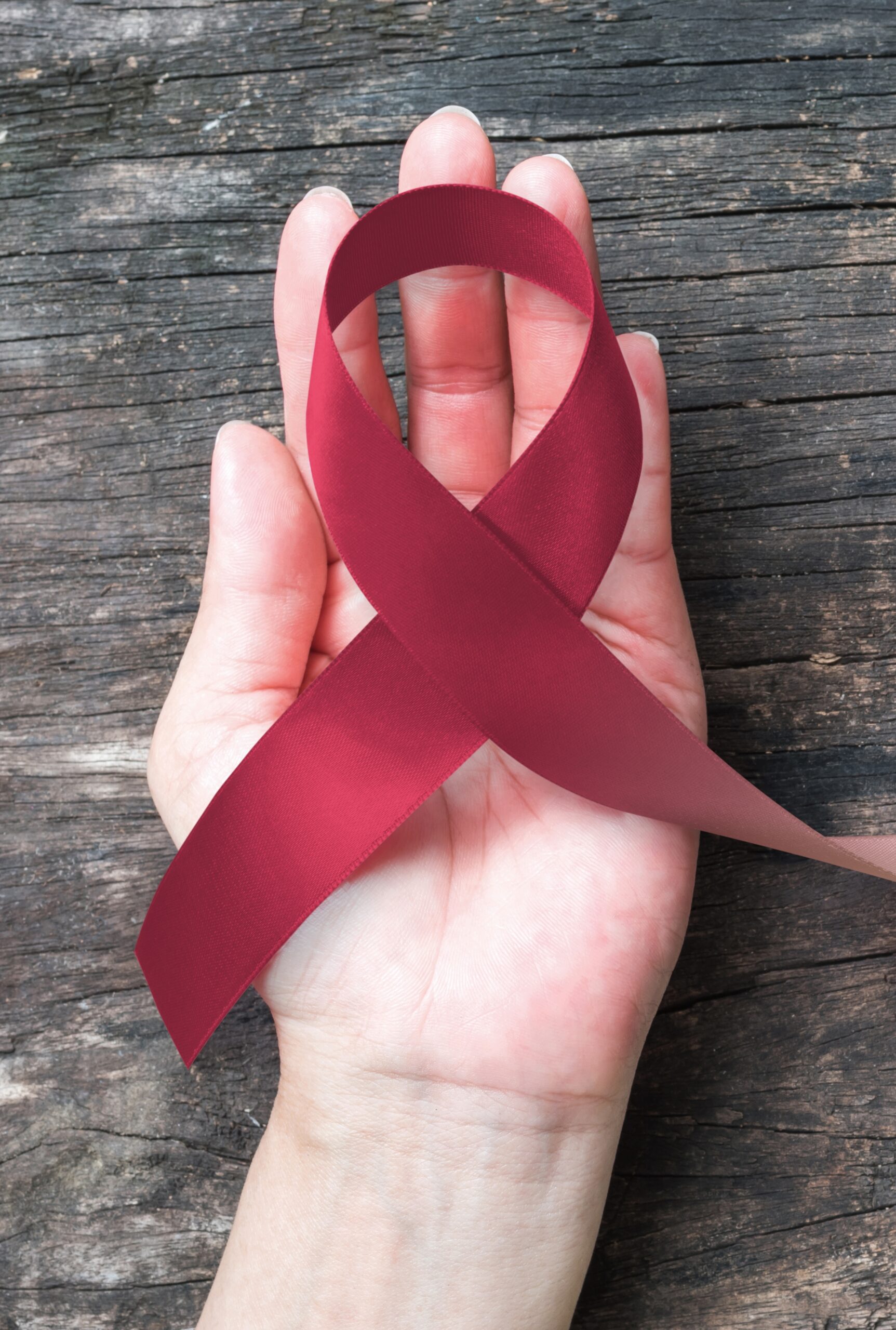April is Alcohol Awareness Month
By Natasha Palance
Every April, people across the nation acknowledge Alcohol Awareness Month by hosting events and talking about alcohol use. The national public health program encourages us to reflect on the patterns of alcohol use and the role that alcohol plays in our lives. While not everyone drinks, the prevalence of alcohol and alcohol culture is readily apparent throughout communities.
According to the 2022 National Survey on Drug Use and Health (NSDUH), 84.1% of people ages 18 and older reported that they consumed alcohol at some point in their lifetime. For many, alcohol is a routine part of day-to-day life. Some people enjoy a glass of wine after a long day. Others raise a glass to celebrate an anniversary, birthday, or a successful occasion with friends and loved ones. But for others, alcohol can play a much more harrowing role.
Alcohol abuse can escalate past routine evening glasses and social drinking. It can negatively impact our lives in numerous ways. 29.5 million people aged 12 and older had alcohol use disorder (AUD) in the past year, according to the National Institute on Alcohol Abuse and Alcohol. What’s more, alcohol abuse, alcoholism, and alcohol use disorder (AUD) kill over 3 million people each year, accounting for up to 6% of global deaths. The toll of this disease has taken many lives, so Alcohol Awareness Month serves as a vital means of educating the public on the dangers of alcohol.
What is Alcohol Awareness Month?
Alcohol Awareness Month is a public health program organized by the National Council on Alcohol and Drug Dependence (NCADD) to improve public knowledge about the dangers of alcohol abuse, alcoholism, and AUD. It takes place every April. Throughout the month, the NCADD and other national public health organizations collaborate to encourage awareness of the role that alcohol plays in our lives. And this role can be dangerous.
To combat this, people and communities across the states take time to reflect on their relationship with alcohol. This includes how much they drink, why they drink, where they drink, how their relationships are impacted, and so much more.

What are the dangers of alcohol?
Alcohol addiction can range from mild to severe. It is a pattern of alcohol use that entails issues regulating your intake, being preoccupied with alcohol, or continuous alcohol use despite the problems that it might cause. Consequences of alcoholism or AUD include adverse social, occupational, or health consequences. And it doesn’t stop there.
When someone abuses alcohol, relationships become strained. In turn, communities become disjointed as people prioritize alcohol over the health and safety of themselves and others. The cost of buying alcohol takes a heavy toll on finances as well. Your well-being is compromised as your health deteriorates. And, your mental health can worsen as your body becomes dependent on alcohol.
Moreover, alcohol causes severe long-term health problems such as liver damage and brain damage. Of the 98,475 liver disease deaths among people ages 12 and older in 2022, 46% involved alcohol.
When alcohol abuse is severe enough, it can even cause death. Alcohol is the third leading cause of preventable death in the U.S. And, about 95,000 Americans die from alcohol-related causes each year. These occurrences are preventable thanks to efforts that educate the public like Alcohol Awareness Month.
Why is Alcohol Awareness Month important?

In addition, it is important to remember how our actions and choices impact the people around us. AUD is not an individual’s problem. Rather, it plays a role in our communities. When one person struggles, their community struggles as well. That is why Alcohol Awareness Month is crucial to the vitality of our communities.
Throughout the month, the public is encouraged to learn about AUD and treatment options. In doing so, it cultivates the ability to challenge stereotypes as communities become more informed about the harm that alcohol abuse can cause. Best of all, the monthly holiday helps to reduce barriers and stigma that prevent so many from seeking treatment.
As new research and public information is shared about the effects of alcohol every year, communities are better equipped to use this knowledge to improve diagnosis, prevention techniques, and treatment of alcohol use. It leaves communities better informed, and thus better protected from the harms of alcohol abuse. Communities are also equipped to transform public services and make improvements in accessibility.
How to Celebrate Alcohol Awareness Month

Alcohol Awareness Month presents an opportunity for nonprofits, local government, faith groups, businesses and more to think and talk about AUD and alcoholism within their communities. Throughout the month, NCADD and other public health organizations hold events and release alcohol-related education materials.
Here is a list of some other ways to celebrate Alcohol Awareness Month on your own or with your community:
- Wear a red ribbon to show your support for Alcohol Awareness Month
- Fundraise with a public health campaign
- Celebrate sobriety by participating in an alcohol-free April and encourage others to do it too
- Join a friend or loved one at an AA or NA meeting
- Donate to a charity of your choice that works to combat alcohol use disorder, like Samaritan Inns
- Host dry parties, or “alcohol-free” parties, in April to show support for the holiday
- Reflect on your personal relationship with alcohol
Ways to Get Help
It can be overwhelming to think about addiction treatment, but there are ways to get help. Samaritan Inns is the only organization in the nation’s capital that provides a full continuum of treatment and recovery services. Our programs are conducted in a holistic residential setting that is critical to breaking the cycle of addiction, including our Women with Children Treatment Program, which is the only family-focused treatment facility in Washington, DC.
If you are seeking help for yourself or have a loved one suffering from any form of addiction, contact us today to start your recovery journey.
Share on Social
Recent Posts
Donate Today
Make a donation to help us sustain our mission and provide help
to those who need it in the Washington, DC area.
